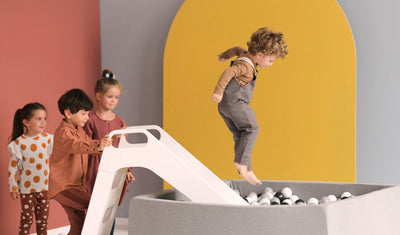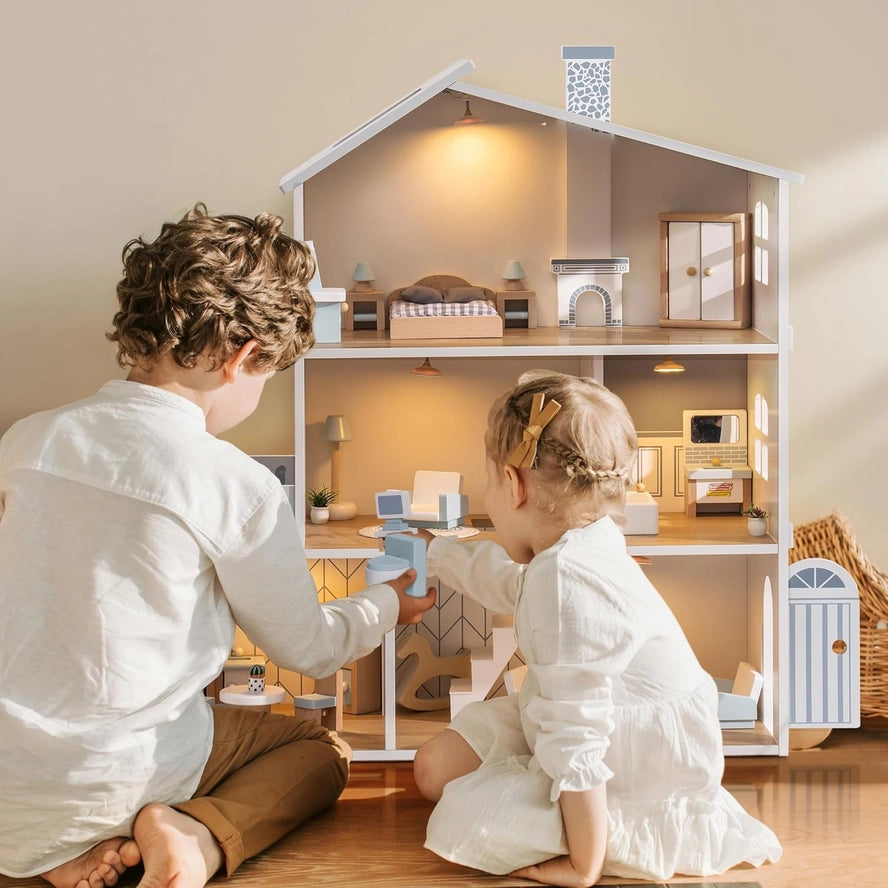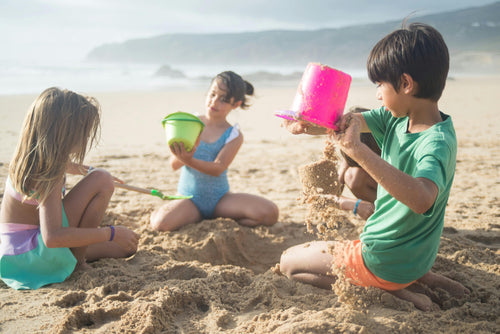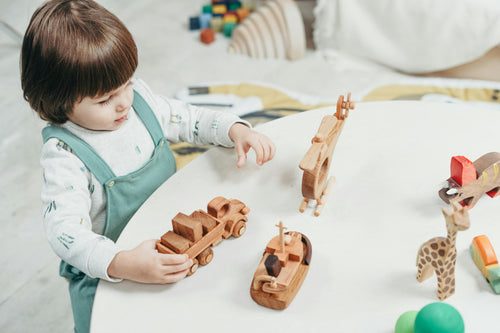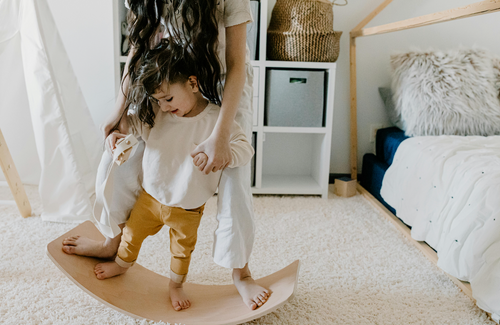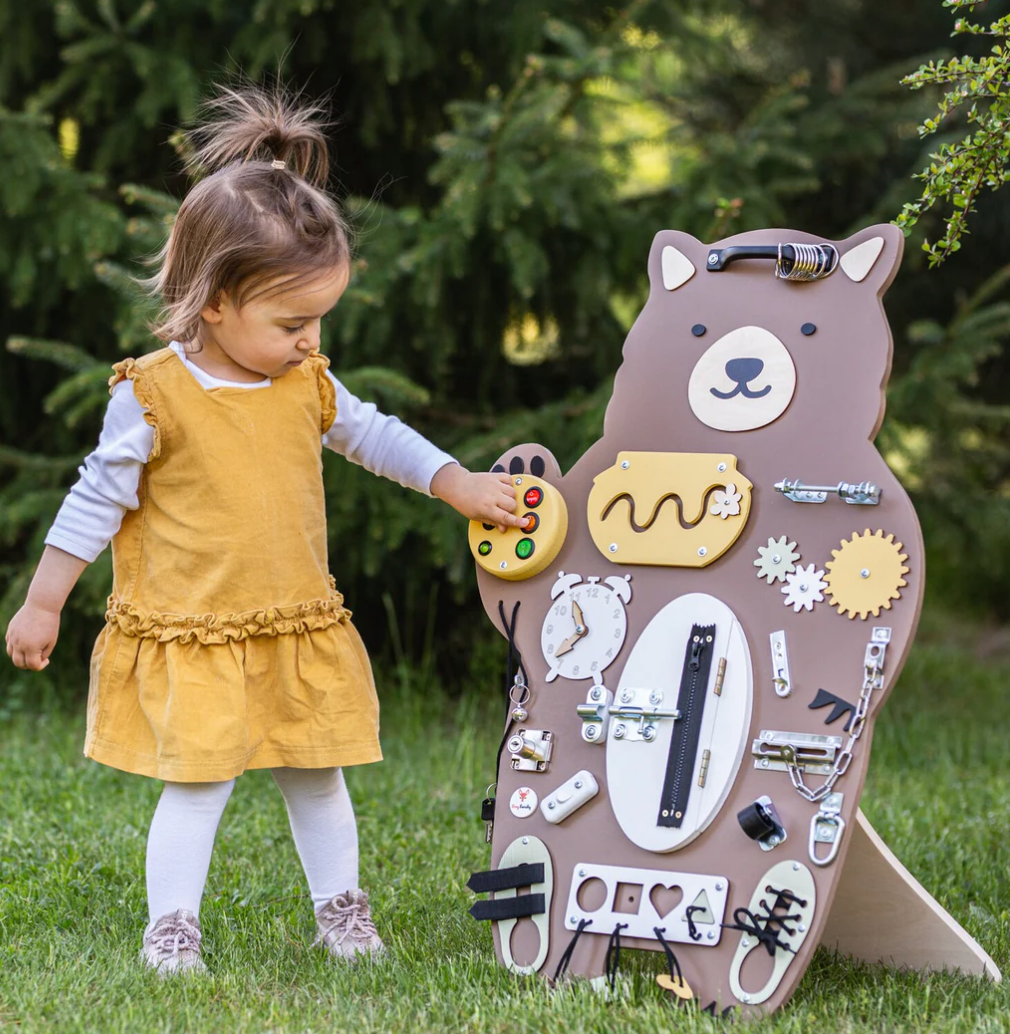
Busy Boards or Sensory Boards: What are they?
Busy Boards , also known as sensory boards, are wonderful educational tools for children, offering a fun and educational approach to stimulate their development. Inspired by Montessori education, these Montessori sensory boards offer children the opportunity to discover their environment through touch, thus stimulating their motor skills and sensory learning. These boards represent an excellent awakening activity . This article helps to understand the importance and function of sensory boards .
An awakening activity to encourage the exploration of the senses and curiosity
Early learning activities are games or situations designed to stimulate children's senses and overall development. They allow children, from a very young age, to discover the world around them by playing, observing, touching, listening, and moving. This is why sensory boards include everyday objects such as gears, mirrors, shoelaces, and zippers. This allows children to awaken through their senses and helps them better coordinate their movements with what they see. This early learning activity is an excellent way to stimulate curiosity and the ability to concentrate in young children.
A soothing and clever educational game
Unlike noisy or electronic toys that can quickly overstimulate a child, the busy board offers a peaceful environment that promotes concentration. It allows the child to immerse themselves in a simple yet rich activity, giving them the opportunity to focus and concentrate on their sensory learning while having fun. Each element is designed to awaken the child's innate curiosity, encourage them to explore on their own, and support them in their first explorations of the world.
It's an educational game that promotes the development of logic, patience, observation, and many other fundamental skills from a very young age. Through simple and concrete play elements, children explore while developing their motor and intellectual skills.
The busy board : a fun tool for developing motor skills
Sensory boards are excellent tools for supporting the development of fine motor skills in children. By playing with the board's various elements, children gradually perfect their movements, improve their precision, and strengthen their hand-eye coordination. Each interaction becomes a small game, perfectly adapted to their developmental level, which simultaneously encourages their attention, patience, and curiosity.
Autonomy and confidence through free exploration
Sensory boards , inspired by Montessori education, go even further by placing the child at the center of their own learning process. They give them the opportunity to choose the elements they want to explore, which encourages an autonomous approach. The child explores, repeats and experiments without any pressure or constraint, allowing them to progress with confidence.
This active exploration method doesn't just provide fun; it also strengthens children's motor and intellectual skills. They acquire essential skills such as coordination, logic, and problem-solving by overcoming simple but rewarding challenges. Sensory boards therefore become much more than just entertainment: they are real tools for education, autonomy, and overall development.
Busy boards aren't just toys; they're important educational tools that support children's development. By incorporating Montessori busy boards into their home or daycare, parents and educators provide children with a fulfilling and independent exploration space. The sensory board is the ideal method for encouraging cognitive stimulation and promoting hands-on, sensory education, while fostering independence and self-confidence.

